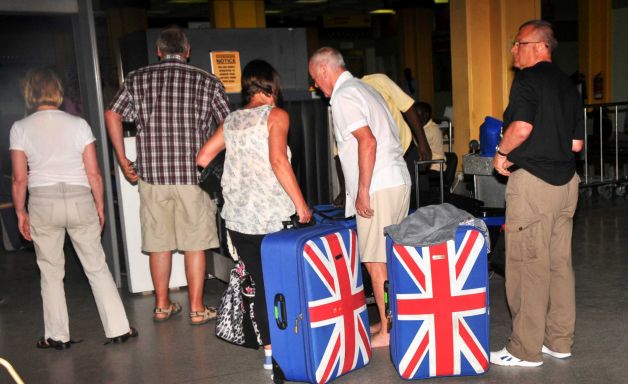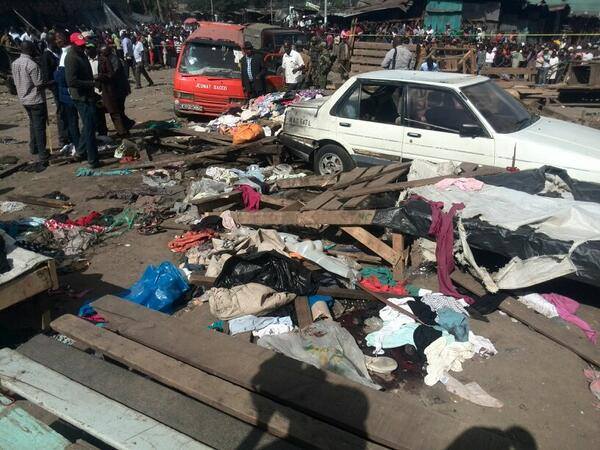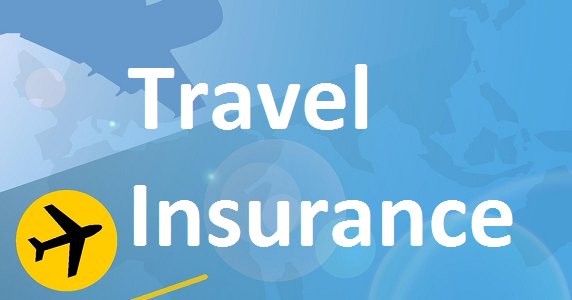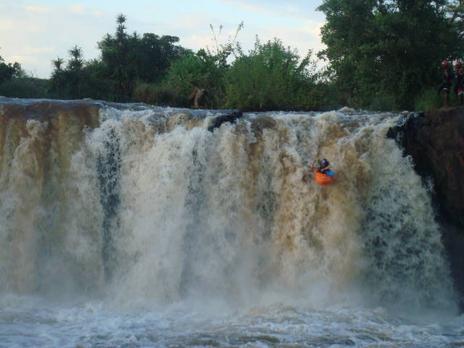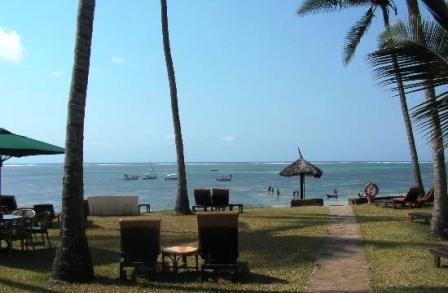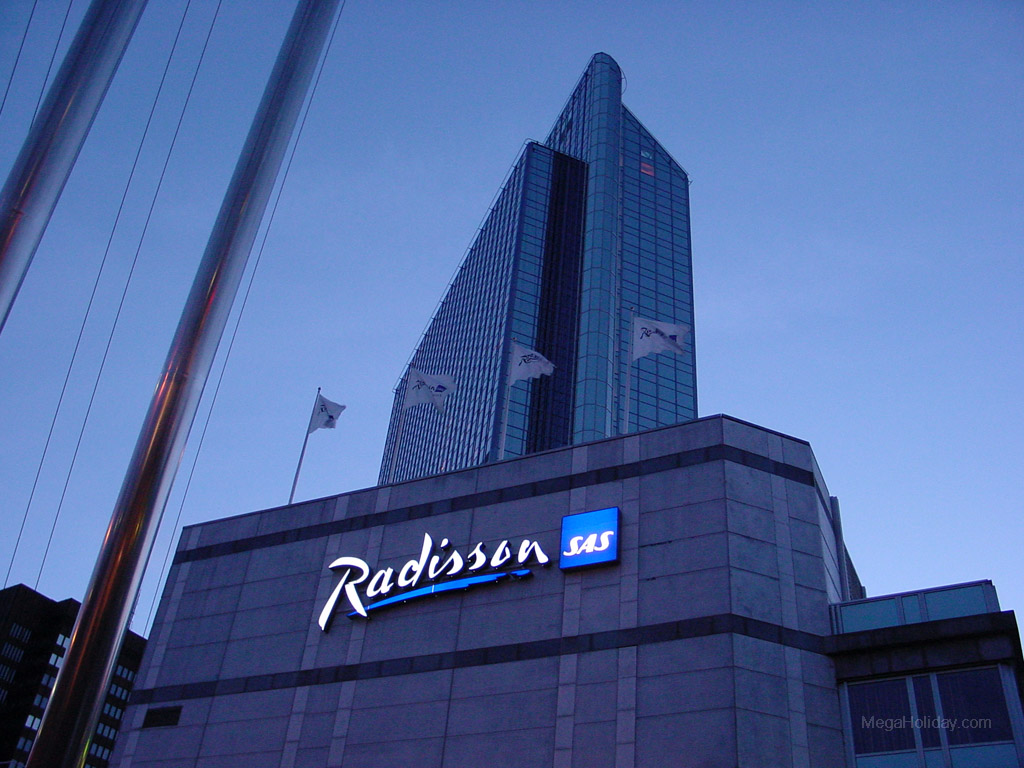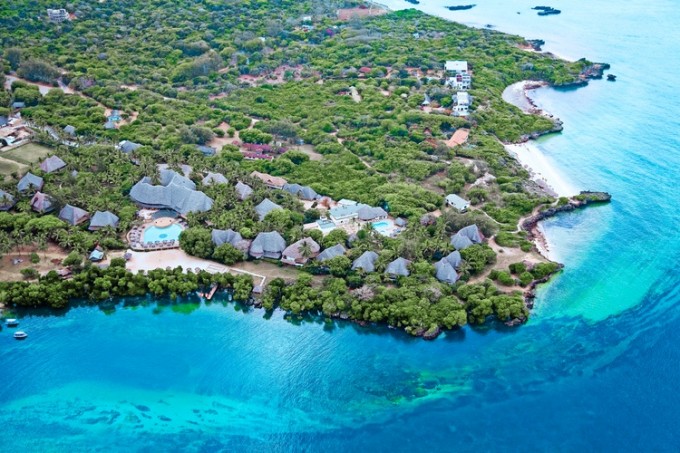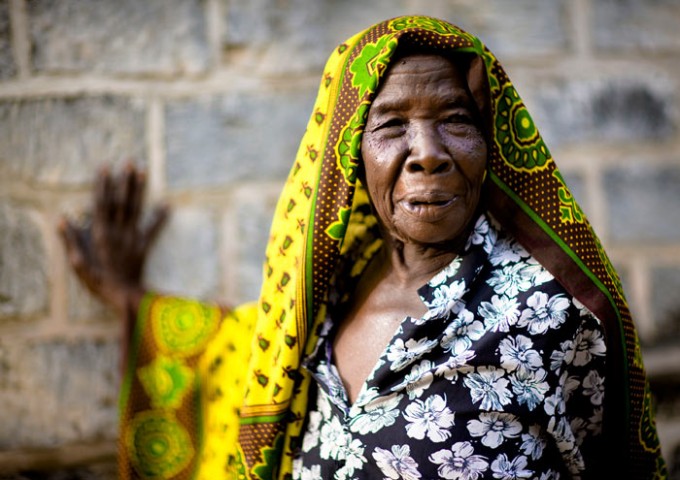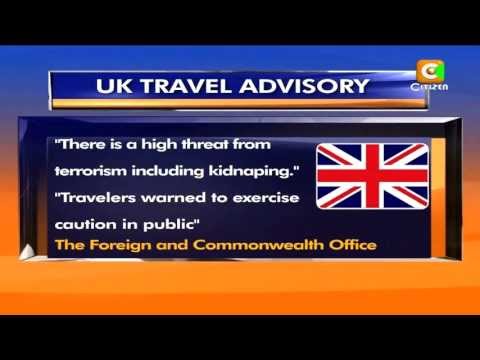

At around 2.30pm on Friday, twin blasts rocked Nairobi’s Gikomba Open Air Market. At around the same time the U.K had evacuated its citizens from Mombasa after issuing a travel advisory.
In addition to the UK, U.S, Australia and France have also issued travel advisories to Kenya. The result has been a mass exodus of tourists in Kenya and a series of hotel booking cancellations. A series of other tourism related activities have also suffered hugely.
The Gikomba Market blasts have so far claimed at least 10 lives and injured over 70 victims. This has not been an isolated case as only this month two other blasts rocked Nairobi’s Thika Road, and others reported in Mombasa at a bus station in Mwembe Tayari and next to a hotel.
Although Kenya has tried to heighten security to the extent of evacuating Somali refugees, the country is still being faced by terror threats linked to the dreaded Somali militia group Al Shabab. After the blasts in Gikomba Market, Kenya’s President Uhuru Kenyatta gave a public statement, saying that the Government will not relent in the terror issue and that they will continue to deal with it ruthlessly. The President has always been steadfast on his stand of not recalling Kenya’s army forces from the war torn horn of Africa. This has been the main bone of contention as the Al-Shabab tries to evict Kenya’s Defense Forces out of Somalia using terror tactics.
There has been a lot of hue and cry from Kenya’s hoteliers about the travel advisories. U.K airlines revealed that they will not be travelling to Kenya for about six months. Although it’s low season, Kenya risks losing billions of shillings this year to terrorism.
{photos courtesy of article.wn.com, seattlepi.com, redpepper.co.ug}



